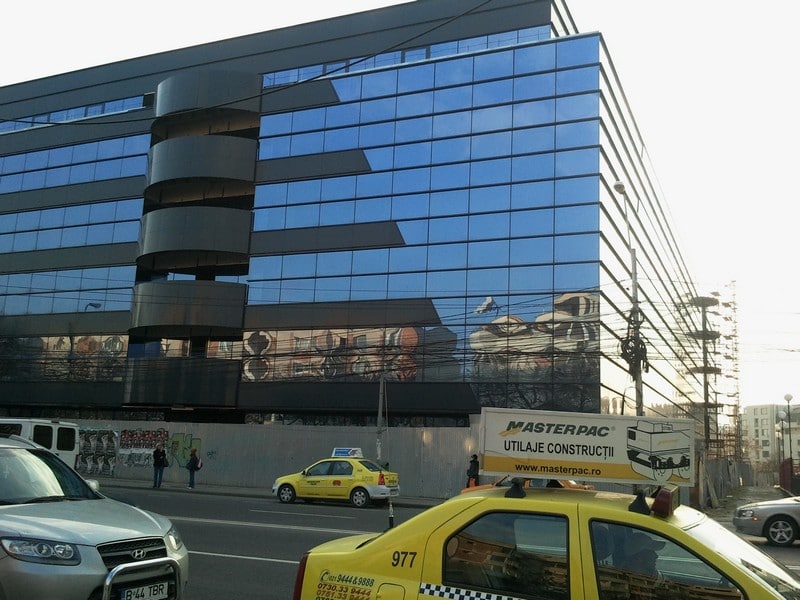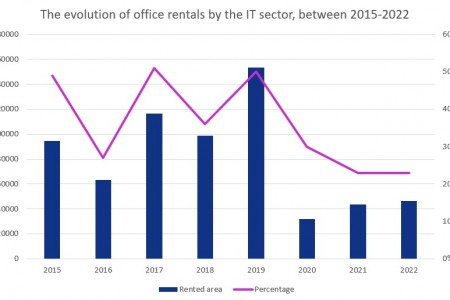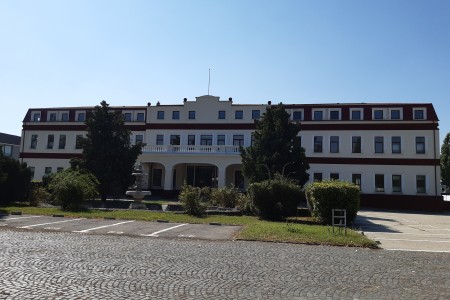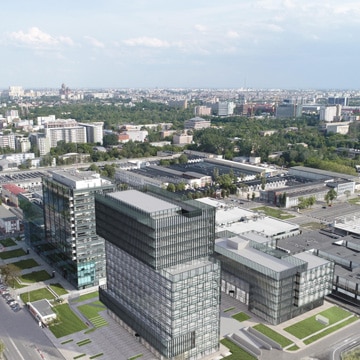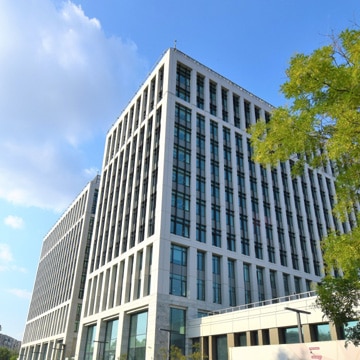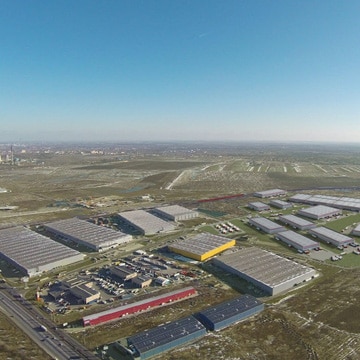Efficient management of maintenance costs is an efficient way to keep tenants
Lease contracts for office buildings have, in addition, to rent a maintenance cost. If in the conditions of economic growth that characterized the last years these costs did not attract much attention of the tenants, in 2009, due to the more challenging economic conditions, these costs will be taken into account when evaluating business centers, both medium and of the multinational ones.
Moreover, their annual regularization system, according to which maintenance costs in a new year will be equal to those recorded in the year just ended, risks bringing companies a maintenance cost similar to that of 2008, a year in which no there were such high restrictions on fixed costs, what general maintenance costs include ), the gas consumptions related to the air conditioning of the rented space, the security of the building 24 hours a day, the various taxes and insurances, and of course the administration expenses of the building through the afferent personnel, or the contracted specialized company.
These are general expenses of the building. Each tenant has a proportional share with the area rented by him. Due to this wide range of costs, maintenance costs cannot be set at a firm level throughout the contract period, because these costs will inevitably fluctuate over time. A firm level would almost inevitably involve an advantage or disadvantage of one of the parties. Thus, the most frequently practiced system, especially in the case of new buildings, is establishing an estimated level for the first contract year, a level that is updated periodically (usually annually), according to the costs recorded. This regularization is generically called the “open book” system, starting from the fact that the tenant has access to the documentation of the registered costs and the calculation methodologies at the time of each update.
Maintenance costs in 2009
«If in 2006 – 2007 the level of maintenance expenses within the high-quality projects varied between 2.8-3.3 Eu / sqm, and for the class B or B + buildings it was between 1.8 and 3 EU / sqm, at at the end of 2008, the maintenance expenses increased to 4-6 EU / sqm. »Says Mirela Raicu, Partner within ESOP. The increase is due both to the escalation of utility prices (electricity and gas in particular) but also to the rise in building management costs (such as cleaning, security, reception, costs with property management companies, etc.).
Many tenants, waiting for the calculation of the new amounts for maintenance (calculations that according to the contractual provisions will indicate the level of last year’s costs), wonder what values will have the new maintenance invoices, invoices to be paid from the rather limited budgets of 2009 Dissatisfaction with rents can increase if maintenance cost management is not effective. In principle, the system of maintenance expenses (with regularization in the open book system) is natural and transparent. However, it has a weak point, namely the limited possibility of the tenant to have control over these costs and their future evolution. Cost transparency is not implicitly a guarantee of the efficiency of the real estate management process.
The contestation tools that the tenant has at hand involve the tenant assuming an additional cost by hiring an auditor specialized in such activities. If the results he reaches are different from those presented by the landlord, then a solution will be achieved amicably the dispute will either be appealed to the court to establish a conclusion to be respected by both parties.
“In 2009 and 2010, the competition between building owners for tenants will be increasing, and the attractiveness of a property will be given in addition to the level of rent and the level of maintenance costs and the future projection of these costs. We believe that landlords who want to keep their tenants must review maintenance costs, renegotiate contracts with property management service providers and other related service providers to optimize maintenance costs that have, in some cases, increased excessively,” says Mirela Raicu, ESOP Partner.
